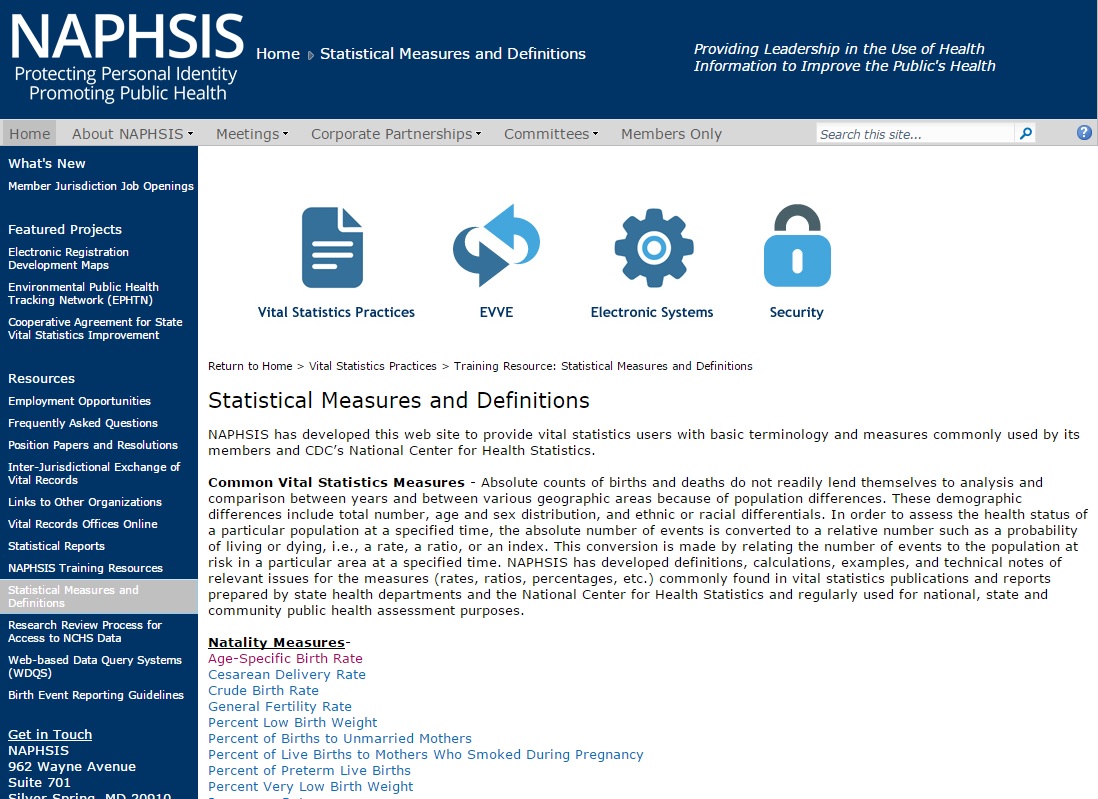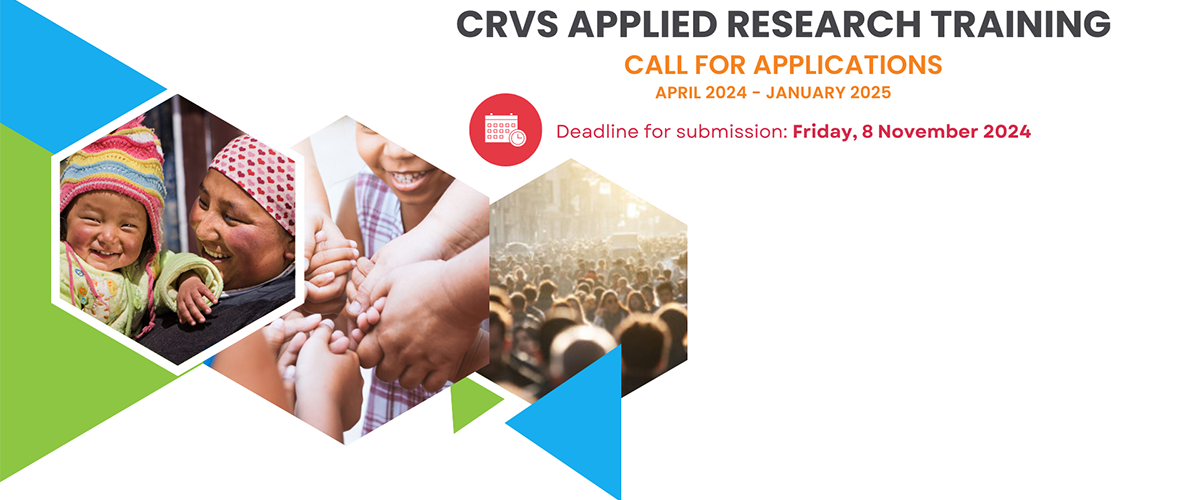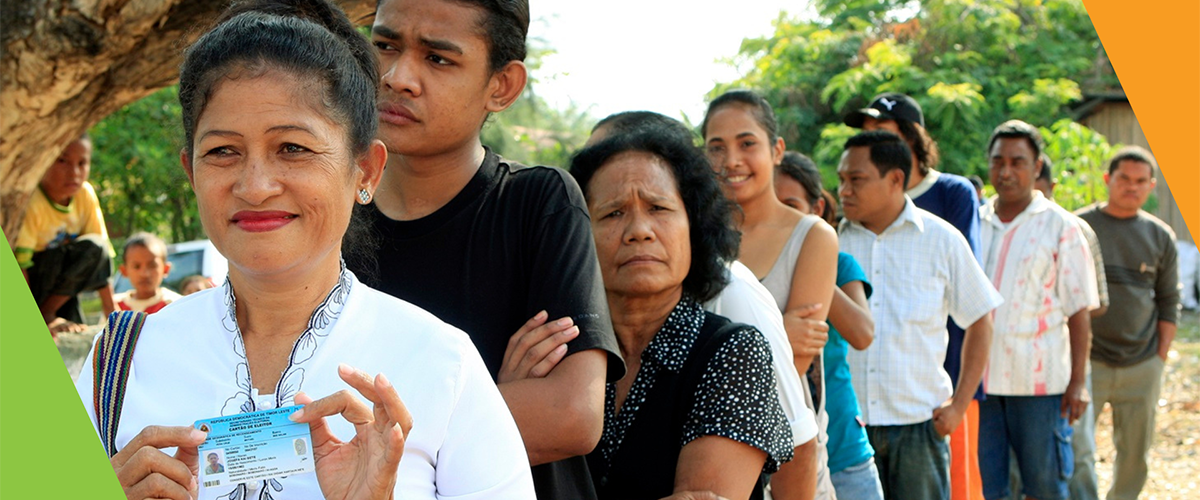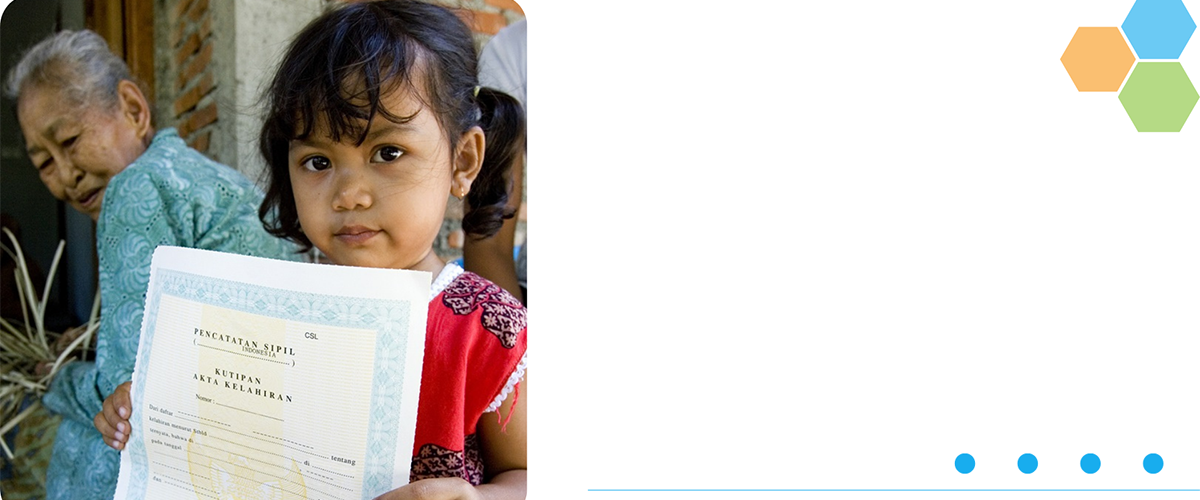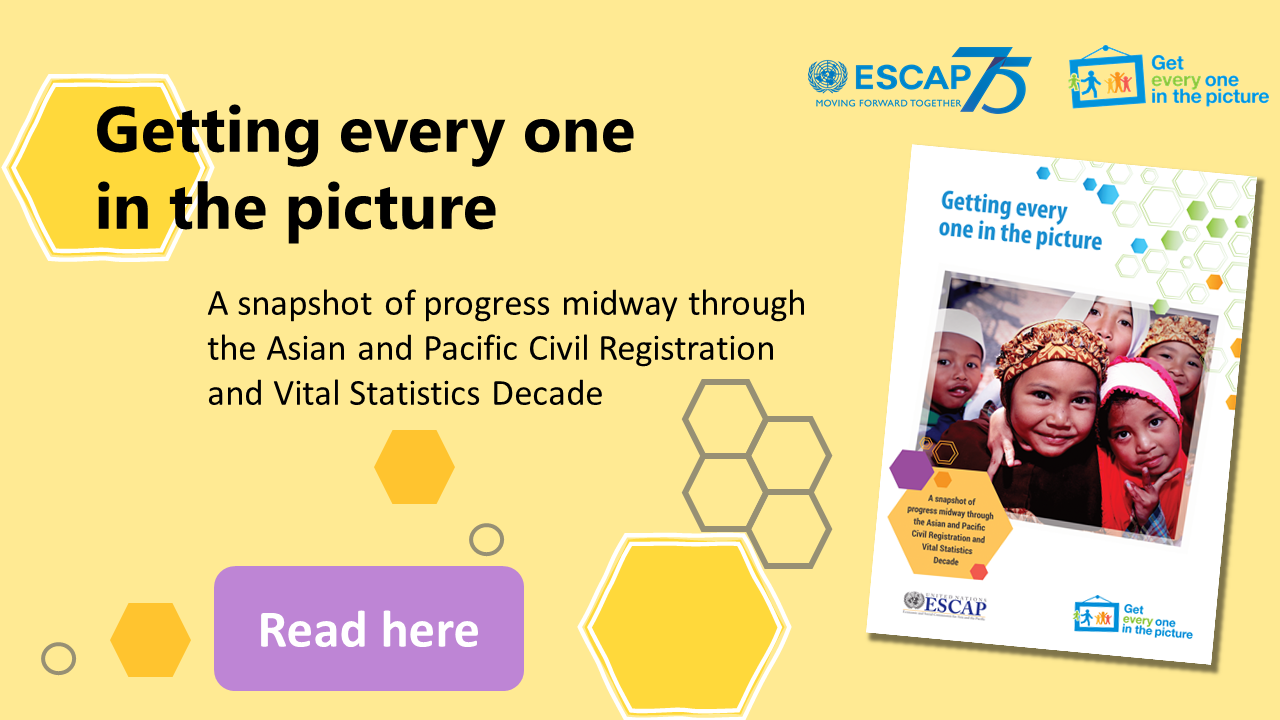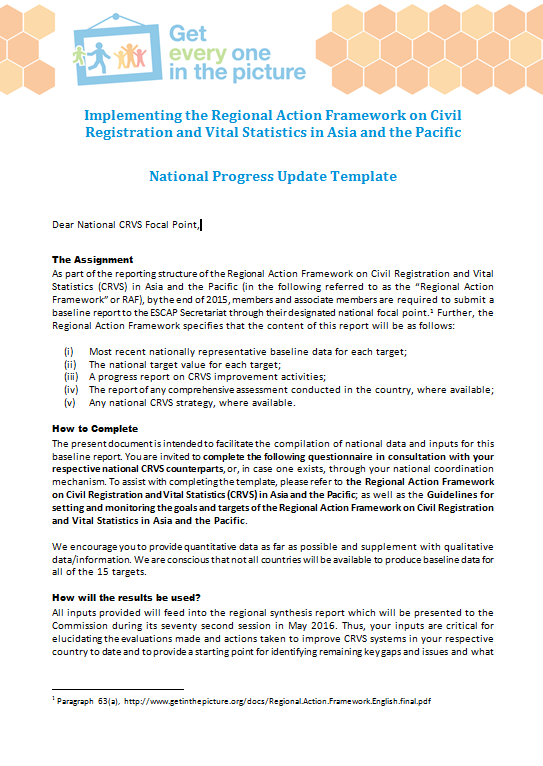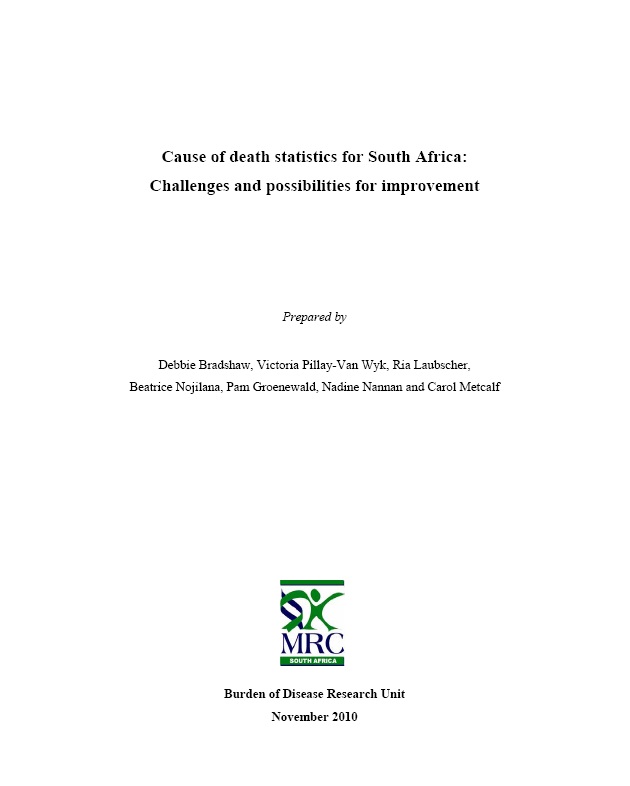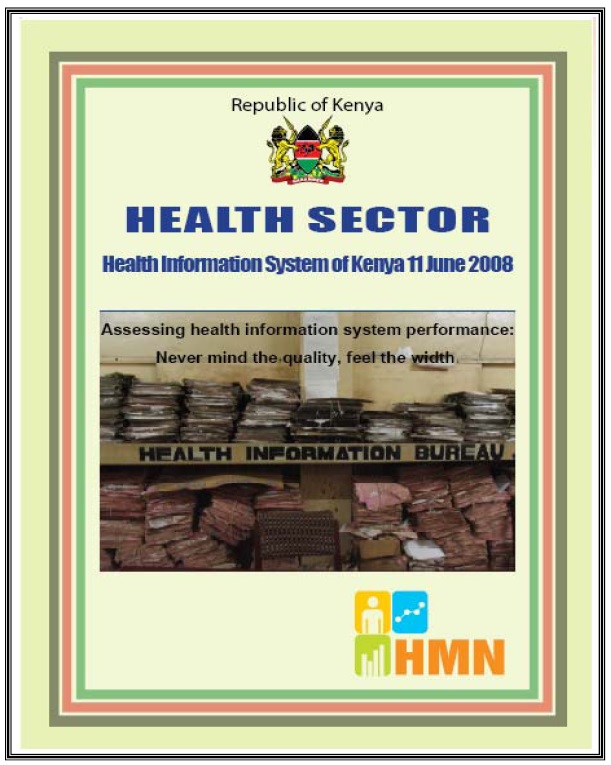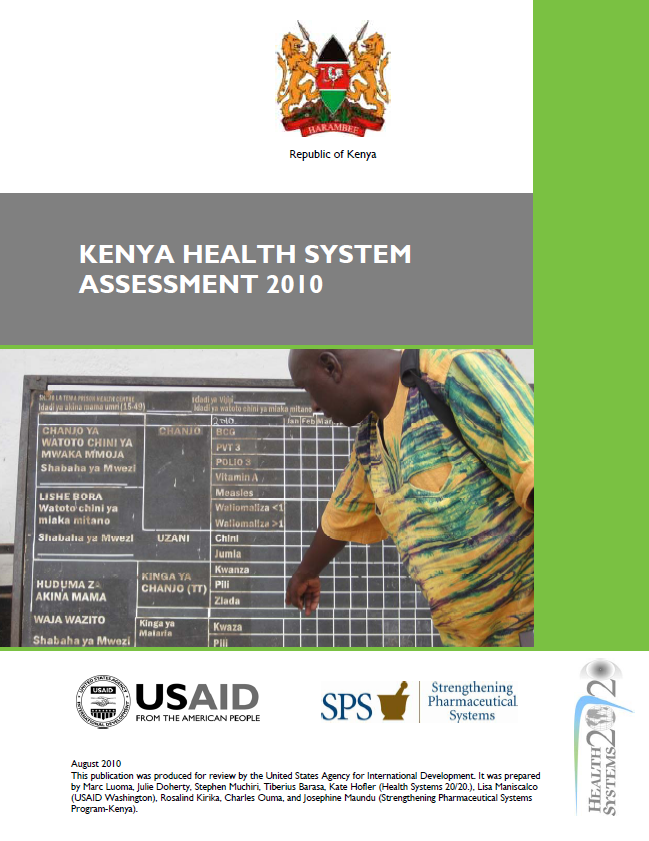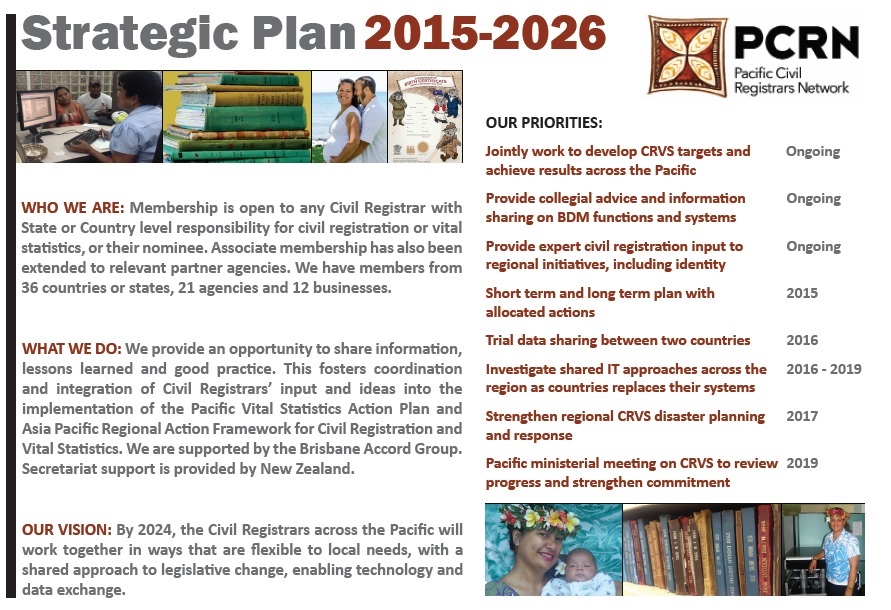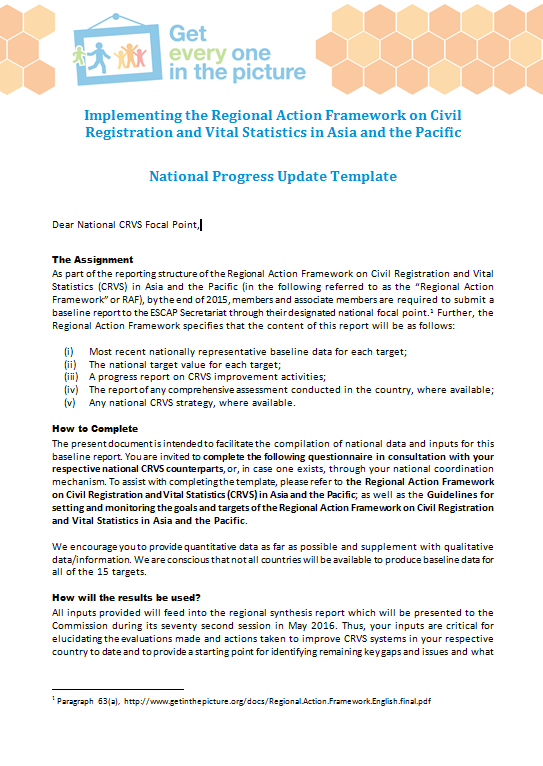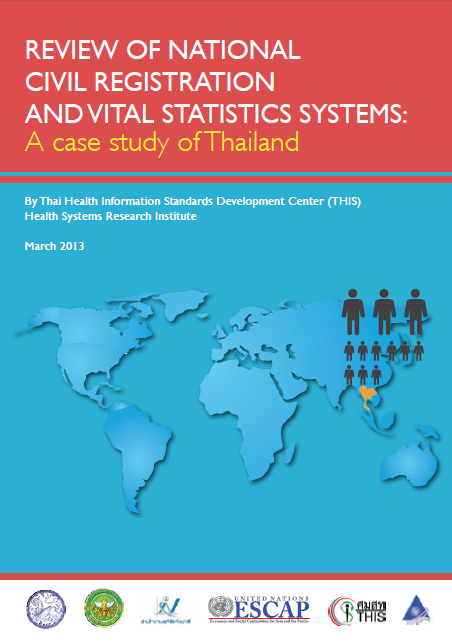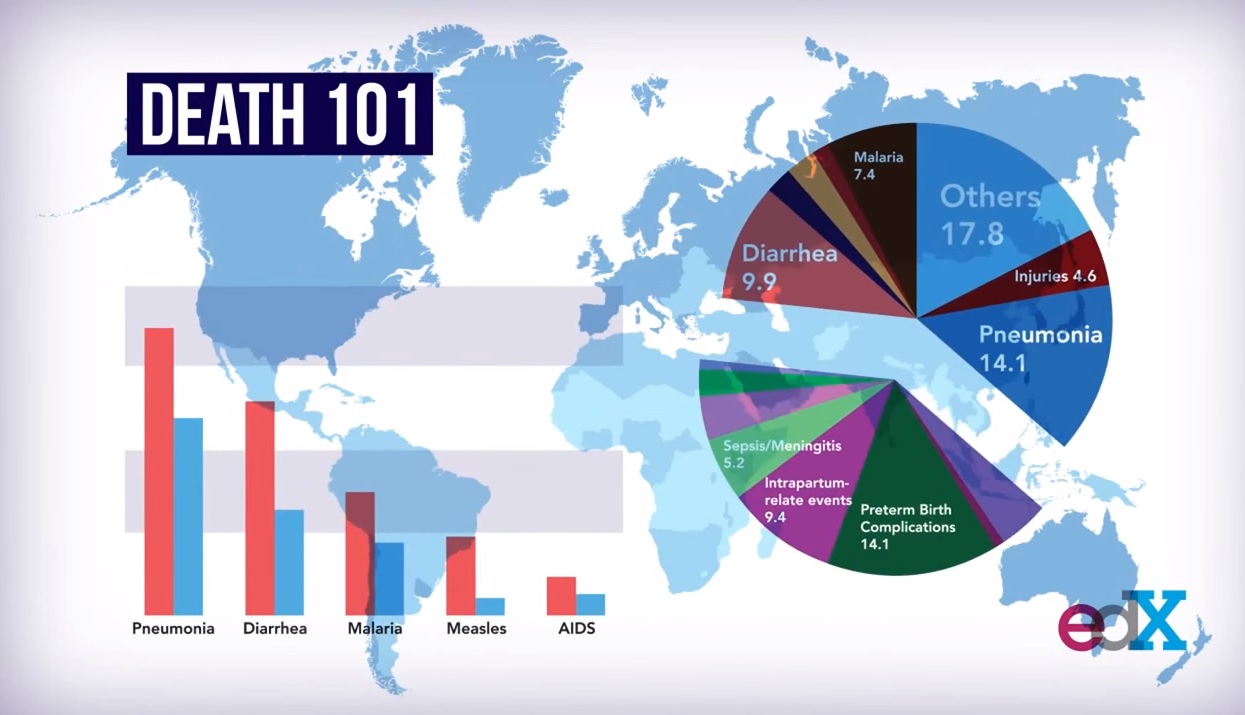The Health Systems Assessment (HSA) process allows countries to systematically assess their national health system and provides policymakers with information on how to strengthen the health system. It provides a comprehensive assessment of key health systems functions, organized around the six WHO building blocks: governance, health financing, health service delivery, human resources, medicines and medical product management, and health information systems. This Health Systems Assessment report, undertaken with the support of USAID, is a comprehensive review of the entire health system.
